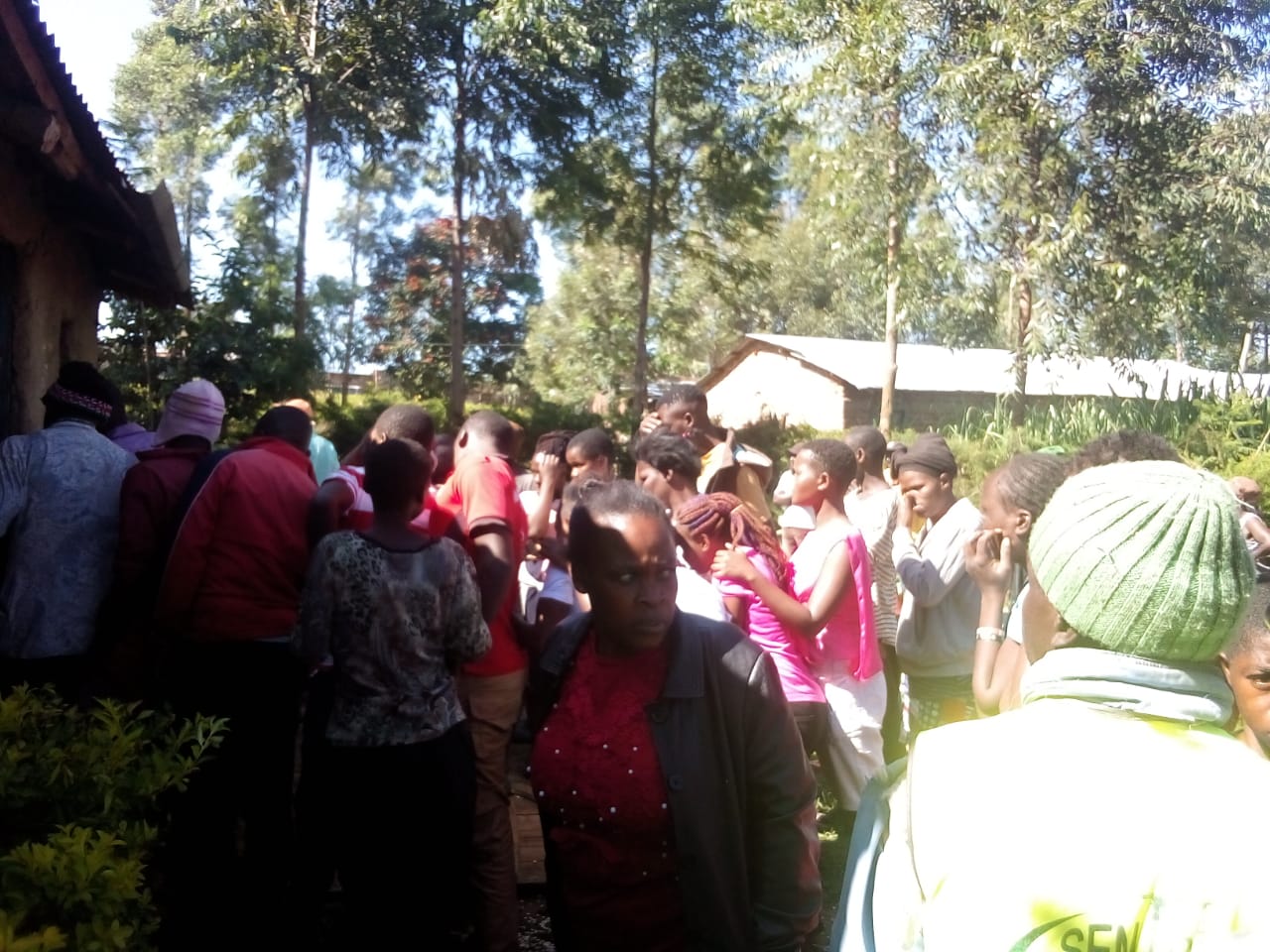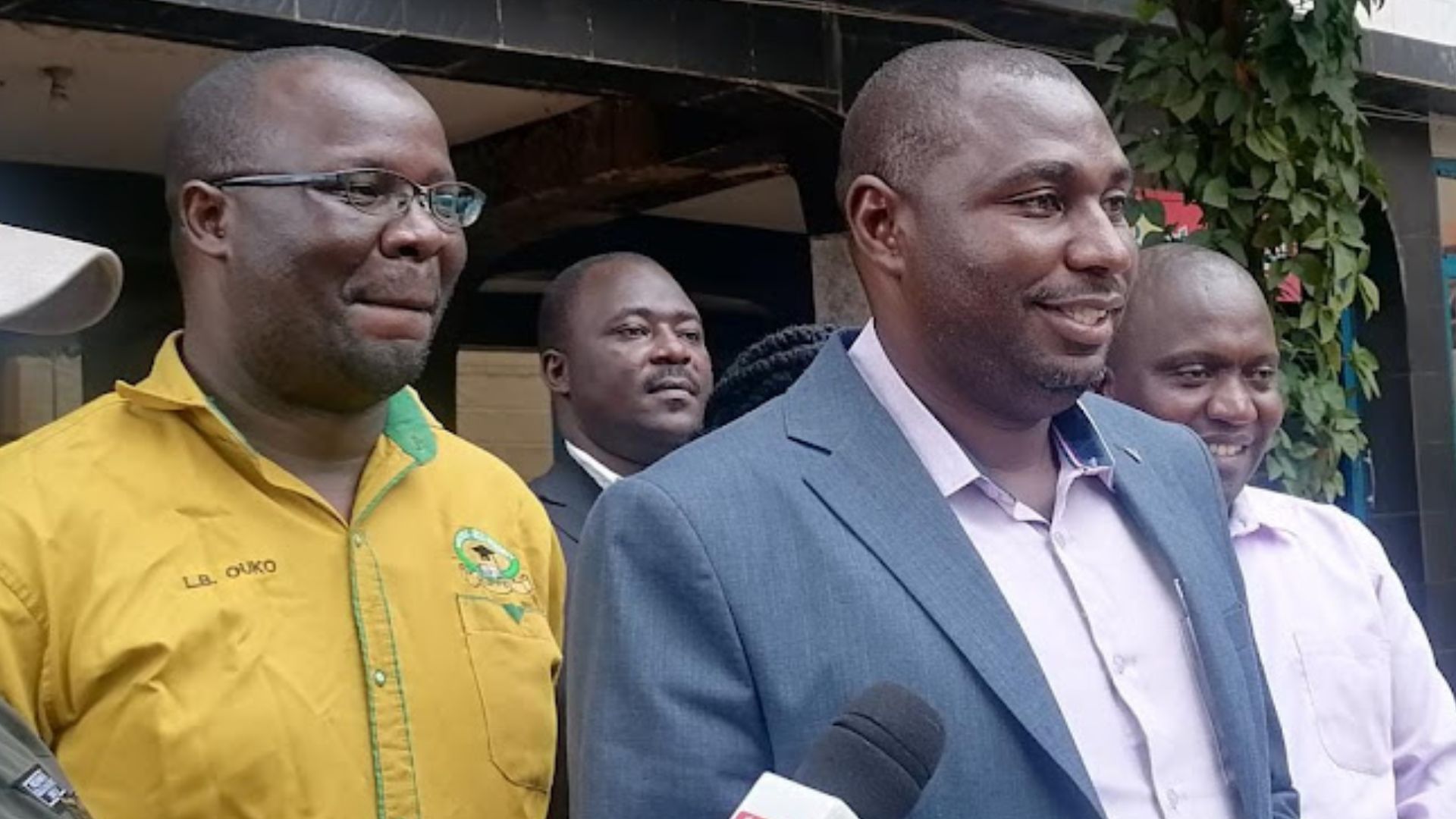Over 500 Persons with Disabilities (PWDs) in Kericho County have been issued with a new generation of disability cards which is part of the reforms affected in the registration process following the launch of the new registration system during the UN Disability Day last year.
According to the National Council for Persons with Disabilities (NCPD) the reforms are meant to curb fraud, bring the service closer to the people and also provide accurate socio-economic data on persons with disabilities in Kenya.
The new disability card identifies a Person living with a disability which can be a physical, sensory, mental, or other impairment, including any visual, hearing, learning, or physical limitations that impact adversely on social, economic, or environmental participation, according to the Person with Disability Act of 2003.
The Kericho County Senior Disabilities Officer Hellen Tuei explained that the disability card serves as an alternative to carrying around paperwork as proof of being entitled to access certain activities, services, and programmes.
“The National Council of Persons with Disabilities is mandated to safeguard persons with disabilities, which is a necessary process to ensure recognition of persons with disabilities and it is a continuous exercise where adults and children are all registered,” said Ms Tuei.
Ms Tuei however said her office grappled with the challenge of insufficient audiograms for assessing persons with hearing impairments in order to be qualified as disabled and be issued a disabilities card.
She spoke during the commemoration of the International Day of Persons with disabilities held at Kericho vocational Rehabilitation Centre Friday.
“Persons with hearing impairment have been facing challenges in our county even getting assessment reports that allow them to be recommended as a PWD and that is why we are appealing to the governor to equip the Kericho County Referral Hospital with audiograms to assist persons with hearing impairment,” she added.
Kericho Governor Eric Mutai who was the chief guest during the colorful event officially unveiled and issued the new generation of disability cards to the PWDs who congregated at the Rehabilitation Centre.
During the event, the governor also issued a bursary cheque of 694,000 shillings to 31 students with disabilities to continue with their studies at various schools in Kericho County.
Hundreds of special Persons abled differently from across the County were also honored by being gifted assistive devices such as wheelchairs and walking canes as they gathered in one accord to celebrate their uniqueness and share their experiences and challenges in life during this special day.
The governor assured that the County government was committed to raising awareness of the challenges of PWDs in all aspects of political, social, economic, and cultural life for them to lead comfortable lives.
“In liaison with the County Assembly and other stakeholders, we shall progressively increase appropriations towards PWDs, particularly for the purchase of more assistive devices and constructing friendly facilities,” remarked Dr Mutai.
Dr Mutai further promised the PWD community that he shall continue including them in key appointments in the County Government stressing that people with special needs should also be given equal opportunities in society since they are talented, knowledgeable, and competent in various professions.
“We will build on our recent appointment of a PWD as a Chief Officer and make more appointments and employment in the Public Service Board,” Stressed Dr. Mutai.
The governor also promised to take stern action against defilers of Persons Living with disabilities especially mentally challenged children and urged parents and guardians to take good care of them and report such incidents to the police.
Area Deputy Governor Fred Kirui and Kapkugerwet Ward Member of County Assembly (MCA) Martin Cheruiyot also graced the auspicious occasion.
World Health Organisation set the International Day for Persons Living with Disabilities to be on 3rd December and this year’s theme is “Transformative solutions for inclusive development: the role of innovation in fuelling an accessible and equitable world.”
According to the Global Report on Assistive Technology, 2.5 billion people need at least one assistive product. The requirement may range from a spectacle to highly advanced myoelectric hand or robotic exoskeletons.


